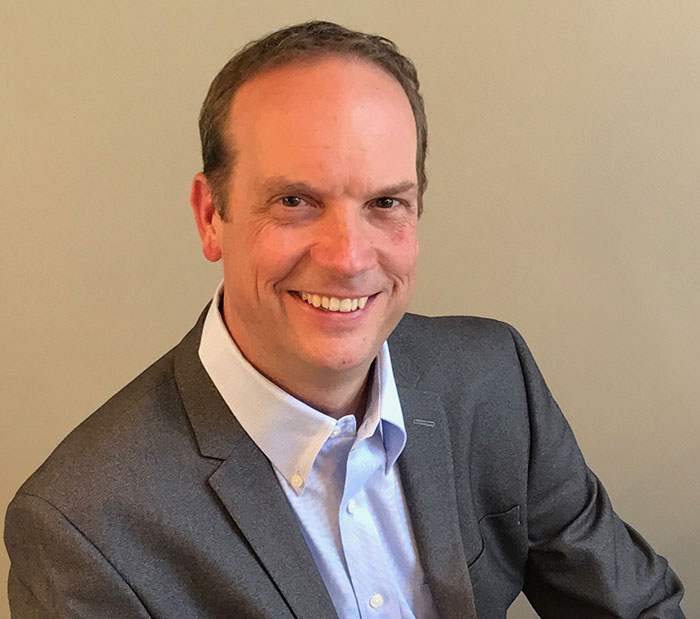Five Questions with Chris Goetz of IFPW
1. Who is IFPW?
IFPW is the global association for pharmaceutical wholesalers and distributors. Created in 1976, it brings the industry together to learn how business is being conducted across the globe and to address emerging trends and opportunities. We have 42 members worldwide, who handle approximately 70% of all the pharmaceutical goods moved around the world. We have four key aims: to improve the image and awareness of the value of wholesalers; to facilitate strategic conversations between stakeholders in the pursuit of improving access to healthcare products and patient outcomes; to support existing initiatives in global health; and to help the industry share knowledge and network internationally.
The desire was to bring private-sector innovations, thinking, and approaches to developing healthcare systems.
2. Why did IFPW get involved in STEP?
STEP is a leadership development scheme to support people working in regional supply chains in developing nations. It aims to boost soft skills in the public and non-profit sector to improve effectiveness and serve as a foundation for future technical trainings.
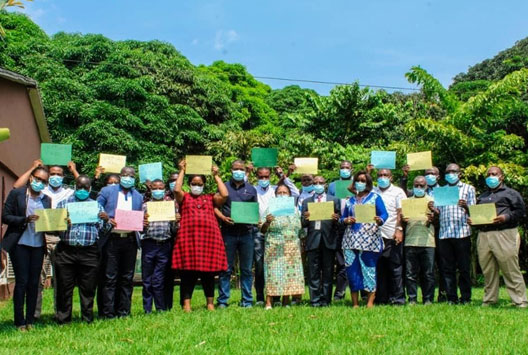
The IFPW became involved in STEP after meeting with Gavi in 2014 to discuss tangible ways we could collaborate, beyond just offering funding. The desire was to bring private-sector innovations, thinking, and approaches to developing healthcare systems. Gavi’s STEP pilot had just concluded, and they were looking for a partner to help scale up the program. We took on that role with the backing and support of our members. We began by getting the program into Rwanda in 2016, and to date, there have now been 14 courses attended by over 350 delegates, representing 24 countries.
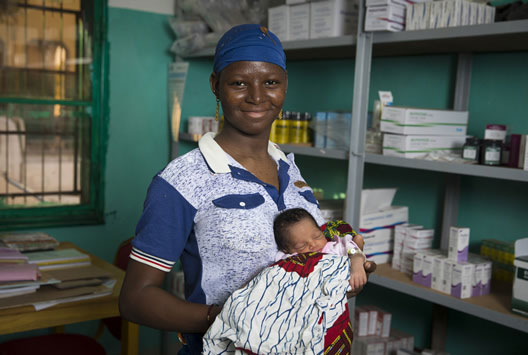
3. What can industry bring to partnerships with public organizations?
STEP participants all have access to a coach who has private sector experience. Coaches can speak from real life experience, giving participants valuable insights that they wouldn’t get from just studying literature.
More broadly, beyond STEP, I don’t think we can overstate the power of efficiency in the private sector and its key focus on optimizing the use of available resources. There is a culture of continuous improvement - not having static programs but looking to constantly adapt to create more impact. This view can bring innovation to public organizations. We know that in many organizations in the developing world, personnel often have multiple roles, and so efficiency can help make the most of these precious resources.
4. How has the partnership evolved through the pandemic?
When COVID-19 hit, we couldn’t deliver face-to-face workshops. Working in collaboration with Gavi, we developed an online version of STEP, and the inaugural course is in process right now. We also used the time away from in-person delivery to refresh and adjust the curriculum, so we now have a STEP 2.0 course, under improved delivery models.
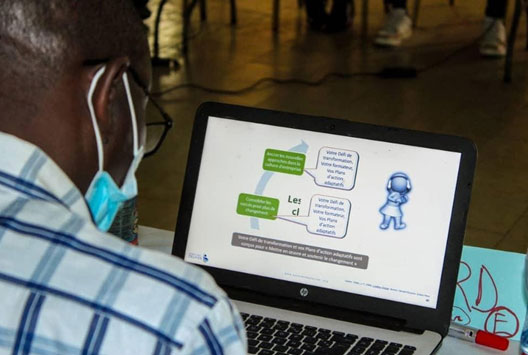
STEP can help countries face this and future pandemics, but it will also help healthcare systems catch up on routine immunizations that have been delayed by COVID-19. Beyond STEP, we’ve expanded our collaboration with Gavi, exploring opportunities in how we might help with supply chain design and programming and further innovations. Some of this work has been delayed due to the focus on the COVID-19 Vaccines Advance Market Commitment (COVAX AMC) – the global collaboration to speed up the development, production and equitable access of COVID-19 tests, treatments, and vaccines – but when the world comes out of this pandemic, we will be ready to do even more.
5. What are your goals for STEP, and other collaborations, in 2022?
Ideally, we will resume in-person STEP courses. To date, almost all the courses have been offered in Africa, so we’re looking to expand geographically to Southeast Asia and Latin America. We do also want to validate the virtual vSTEP program, now we’ve done it once.
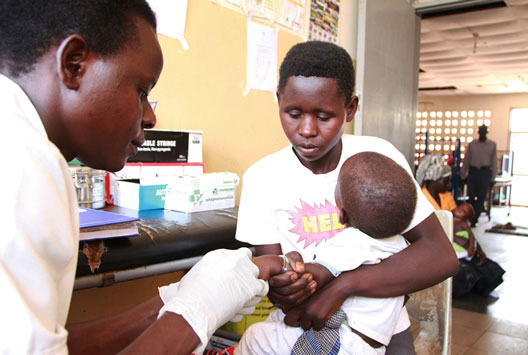
STEP has multiple implementing partners across different regions around the word. A goal for the future is to streamline the way partnerships work in different regions, so we can be truly efficient in delivering the course material and bringing this program to as many people as possible.






